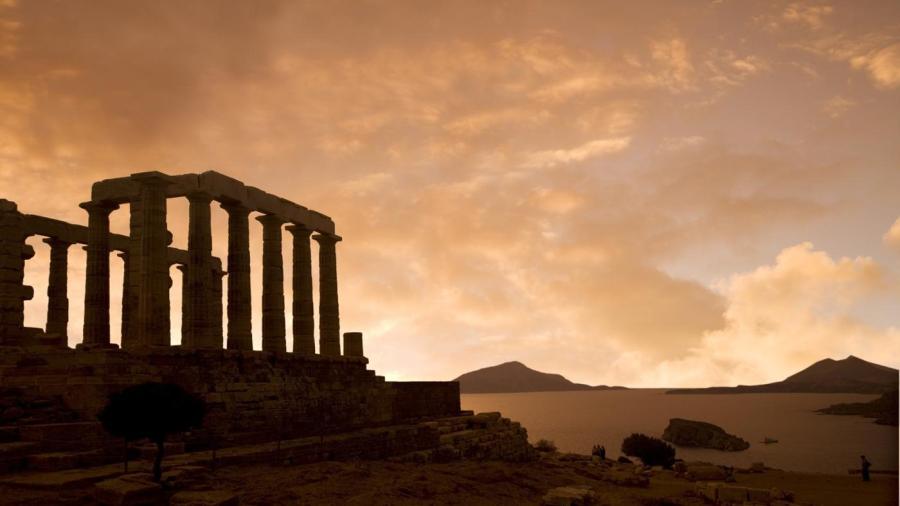How Did Geography Affect Early Civilizations?

According to the Canadian Museum of History, one of the primary ways geography affected early civilizations was in determining the location of settlements. Since early humans needed access to water and fertile ground for agriculture, cities tended to spring up along rivers and flood plains. In addition, geographic features such as mountains frequently served as barriers and provided natural borders between civilizations.
Early civilizations lacked the expertise needed to construct the elaborate works necessary to modify the land for their own use, such as massive irrigation systems or graded tunnels and roads to pass through natural barriers. The earliest cities were established in geographically beneficial areas, providing their citizens with ready access to the natural resources they needed. Egypt, for instance, enjoyed a massive agricultural benefit from the regular flooding of the Nile River, as well as protection from other civilizations created by the deserts and harsh terrain that surrounded the kingdom. Rivers and sea currents provided established trade routes between these civilizations and encouraged trade, while mountains acted as cultural barriers and allowed the people on either side autonomy from one another. Later civilizations learned to take advantage of geography to suit their needs, allowing for colonization of areas previously unsuitable for human habitation.





